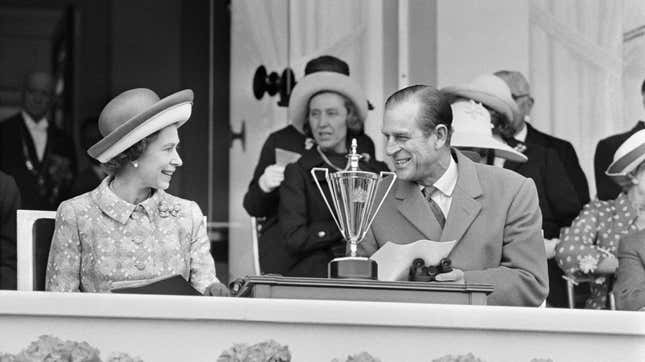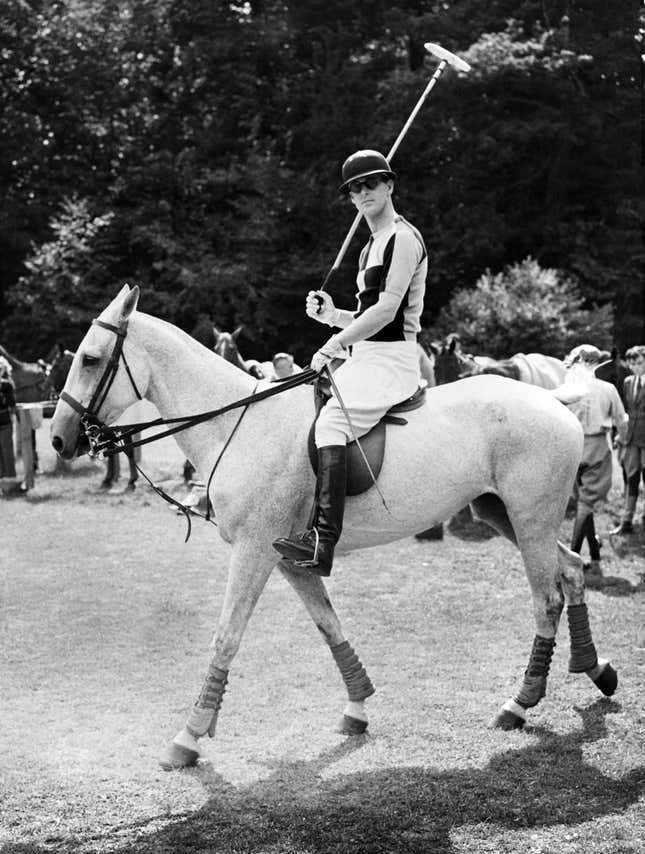An Era Closes for the British Crown: Prince Philip Has Died
In Depth
Image: STAFF/AFP via Getty Images
Prince Philip, the Duke of Edinburgh, has died at Windsor Castle. He was just shy of 100 years old, and he had been married to Queen Elizabeth II for more than seventy years.
“It is with deep sorrow that Her Majesty The Queen announces the death of her beloved husband, His Royal Highness The Prince Philip, Duke of Edinburgh,” the palace announced. “His Royal Highness passed away peacefully this morning at Windsor Castle. Further announcements will made in due course. The Royal Family join with people around the world in mourning his loss.” Philip had recently spent four weeks in the hospital and undergone a heart procedure.
-

-

-

-

-

-

-

-

-

-

-

-

-

-

-

-

-

-

-

-

-

-

-

-

-

-

-

-

-

-

-

-

-

-

-

-

-

-

-

-









































